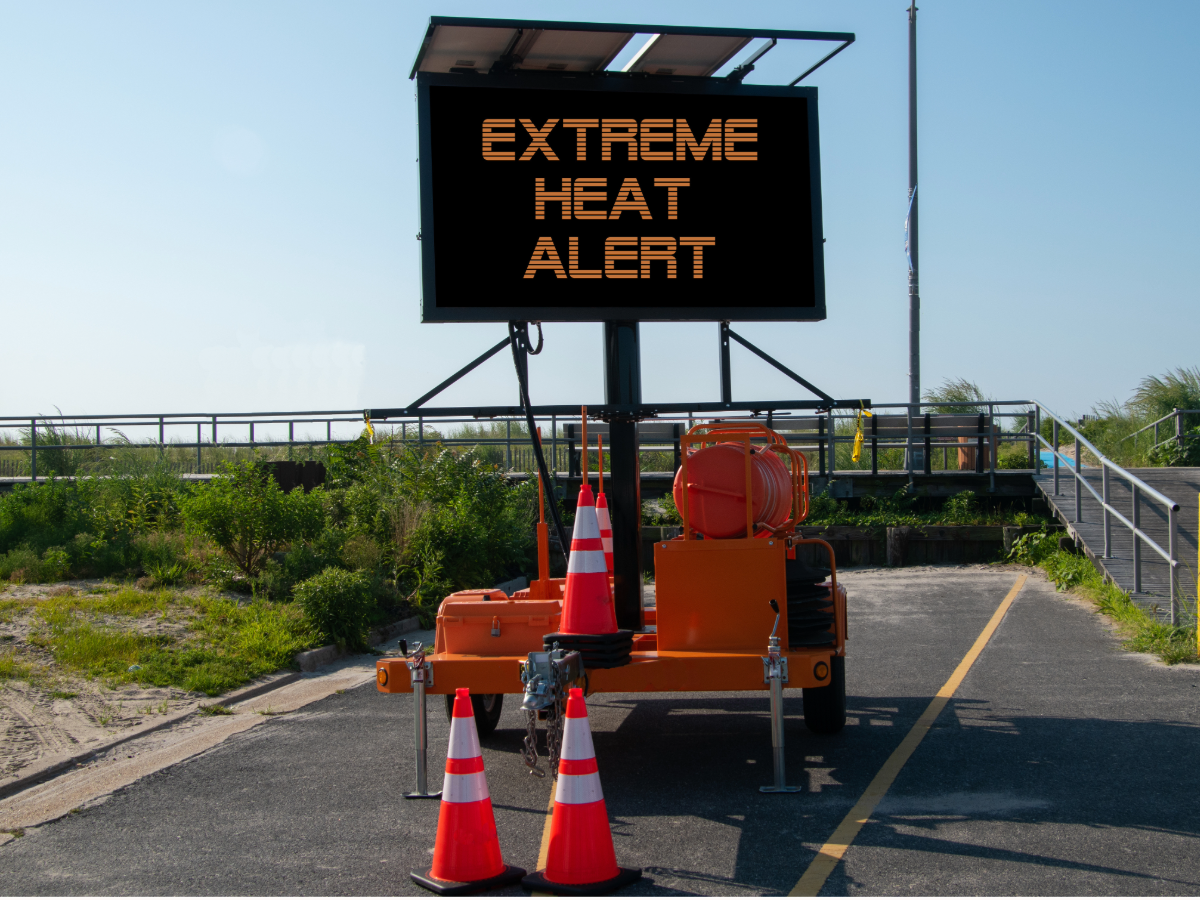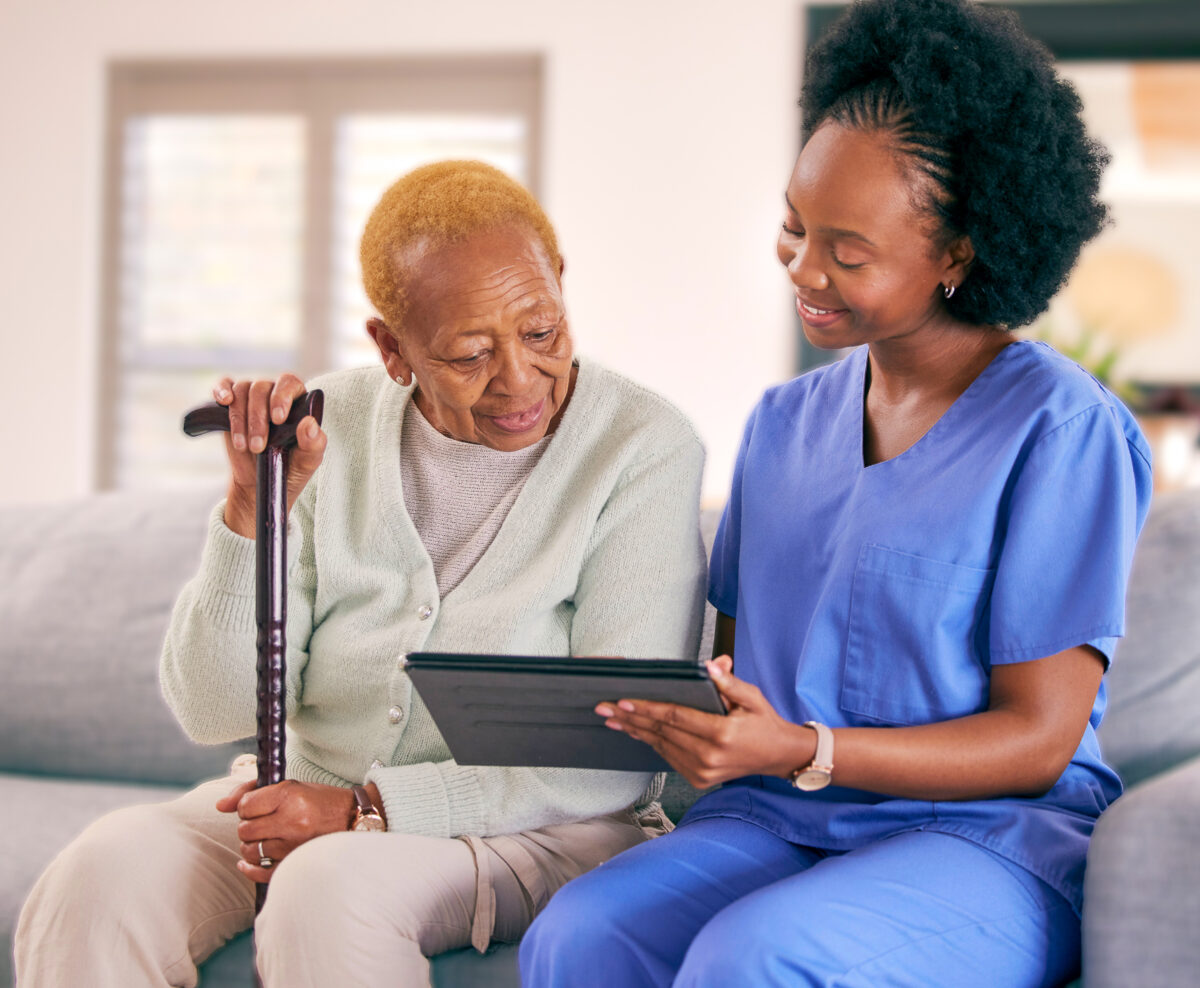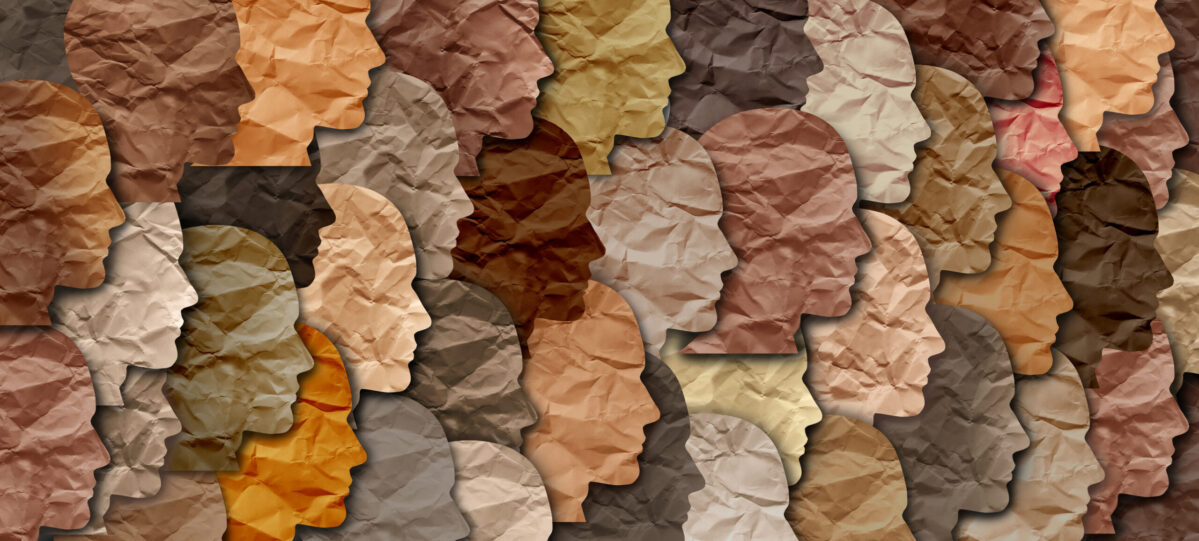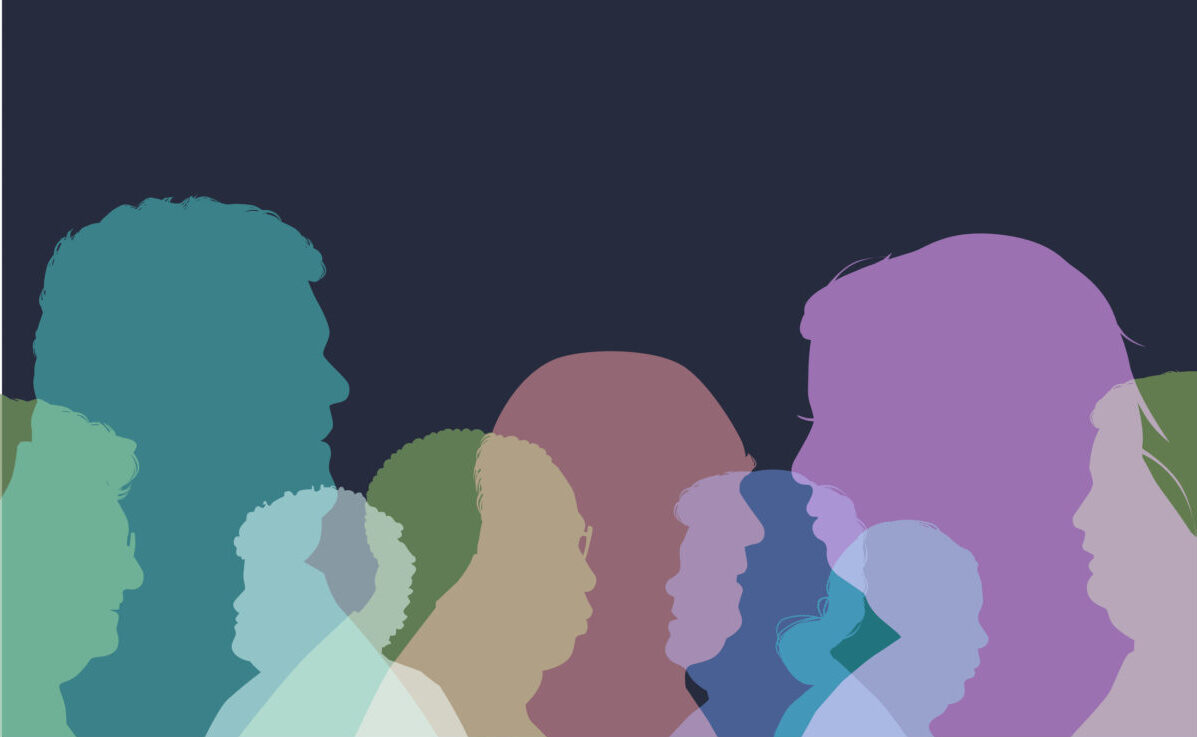Beat the Heat: Stay Safe in Extreme Heat
Hot weather can be dangerous, especially for older adults. In Philadelphia, when the temperature goes above 90°F for two or more days, it’s considered extreme heat. These conditions can lead to serious health problems like heat exhaustion or heat stroke. Fortunately, numerous free resources are available to help older adults stay cool and safe.
What to Know About Heat Emergencies
A Heat Health Emergency is declared by the City when very hot and humid weather poses a serious health risk. During this time, the City takes extra steps to protect people, especially older adults and others at higher risk.
Here’s what happens during a heat emergency:
- Over 150 cooling centers open across the City, including Free Library branches and older adult community centers.
- Many sites stay open longer than usual and offer air conditioning, water, and seating.
- Public pools, spraygrounds, and recreation centers also become safe, cool spaces.
- Utility shutoffs are paused, and partner organizations provide water and health support.
How to Get Help or Ask Questions
The Philadelphia Corporation for Aging (PCA) helpline is a free phone service for older adults. You can talk to trained staff about how to stay safe, where to find cooling centers, and more.
Call 215-765-9040
You can also call 311 for general city information or 911 in a medical emergency.
Staying Cool at Home
Not everyone can get to a cooling center. If you need help keeping your home cool, there are programs that can help:
- Neighborhood Energy Centers provide help applying for utility bill discounts or energy-saving programs.
- UESF (Utility Emergency Services Fund) and PECO’s Customer Assistance Program (CAP) offer financial help with energy bills.
- The Basic Systems Repair Program helps eligible homeowners fix essential things like broken fans or air conditioning.
To learn more about these services, visit: https://www.phila.gov/guides/extreme-heat-guide/
Heat Safety Tips for Older Adults
Here are a few simple things older adults can do to stay safe:
- Drink water often—even if you’re not thirsty.
- Use air conditioning or fans when possible.
- Keep curtains or blinds closed during the day to block the sun.
- Wear light, loose clothing.
- Avoid going outside during the hottest hours (12 p.m. to 5 p.m.).
Pay attention to how you feel. If you feel dizzy, confused, weak, or get muscle cramps, it could be a sign of heat illness. In those cases, try to cool down and call for help if needed. If symptoms are severe, call 911 immediately.
Chronic Conditions and Heat
People with chronic health conditions—like heart disease, diabetes, or breathing problems—need to be extra careful in extreme heat. Heat can make these conditions worse.
What are the Signs of Heat Illness?
It’s important to know the signs of common heat-related illnesses:
- Muscle cramps: pain or spasms in legs or arms. Rest in a cool place and drink water.
- Heat exhaustion: heavy sweating, weakness, nausea, dizziness. Get to a cool spot, drink fluids, and rest.
- Heat stroke: confusion, fainting, or no sweating even when it’s hot. This is an emergency—call 911 right away.
Learn more from the CDC’s Heat Illness Guide.
Look Out for Others
Older adults who live alone, especially those with limited mobility or health issues, may need extra help during a heat wave. Family, friends, and neighbors are encouraged to check in—by phone or in person.
“Something as simple as a phone call or drop-in visit can save a life,” says Najja R. Orr, President & CEO of PCA.
Stay Informed
To get alerts about heat emergencies and other public safety news:
- Text ReadyPhila to 888-777
- Visit: phila.gov/ready
More Tools and Resources
- Cooling Center Locator and Heat Safety Info.
- Philadelphia Heat Vulnerability Index (find help by neighborhood).
- Summer Preparedness Flyers and Guides: bit.ly/PHPMaterials
Extreme heat doesn’t have to be dangerous. Stay cool, stay safe, and help your neighbors do the same.




